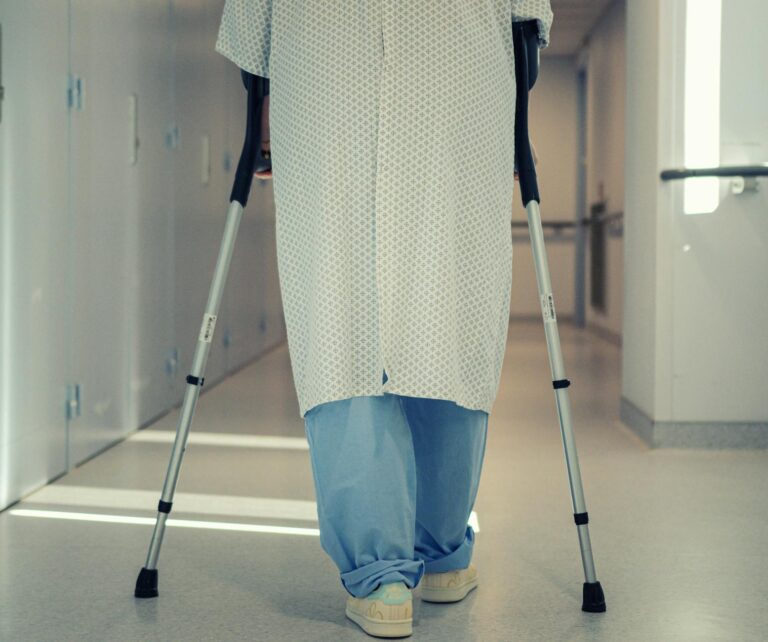Brain inflammation is a complex topic that has gained significant attention in the world of neuroscience and mental health. It is often associated with various neurological disorders such as multiple sclerosis, Alzheimer’s disease, and Parkinson’s disease. However, one connection that has been recently explored is the link between brain inflammation and depression.
Depression is a widespread mental health disorder affecting approximately 264 million people globally. It is characterized by persistent feelings of sadness, hopelessness, and loss of interest in previously enjoyable activities. While the exact cause of depression is still unknown, researchers have identified several factors that may contribute to its development, including genetics, life events, and brain chemistry. However, recent studies have shown that inflammation in the brain may also play a significant role in the onset and severity of depression.
But what exactly is brain inflammation, and how does it relate to depression? Inflammation is a natural response of the immune system to protect the body from harmful stimuli such as infections, toxins, and injuries. It involves the release of immune cells and chemicals to fight off these threats and promote healing. However, when this response becomes chronic and uncontrolled, it can damage healthy tissues and lead to various health issues, including depression.
Inflammation in the brain, also known as neuroinflammation, occurs when immune cells and chemicals infiltrate the central nervous system. This can happen due to external factors such as head injuries or infections, as well as internal factors like autoimmune disorders or stress. The presence of brain inflammation can disrupt the normal functioning of neurotransmitters, the chemical messengers responsible for communication between nerve cells. This disruption can affect mood, behavior, and cognitive functions, leading to symptoms of depression.
Moreover, brain inflammation can also damage the structure of the brain, particularly the hippocampus – the region responsible for regulating emotions and memory. Studies have shown that individuals with depression have a smaller hippocampus compared to those without the disorder. This could be due to chronic inflammation causing a decrease in the production of new brain cells and impairing the brain’s ability to adapt and change.
Furthermore, research has also linked brain inflammation to changes in the levels of certain hormones, such as cortisol and serotonin, which are involved in regulating mood and emotions. Cortisol, also known as the stress hormone, is produced in response to inflammation and can alter brain function. Similarly, serotonin, the neurotransmitter responsible for feelings of happiness and well-being, can be affected by inflammation, leading to a decrease in its levels and worsening of depression symptoms.
But can brain inflammation cause depression, or is it just a consequence of the disorder? The answer is still not clear. Some studies suggest that inflammation may be a contributing factor to the development of depression, while others argue that it is a result of the disorder. However, what is evident is that there is a bidirectional relationship between the two. In other words, chronic inflammation can increase the risk of developing depression, and having depression can also lead to an increase in inflammatory markers in the brain.
So, what can be done to address brain inflammation and its role in depression? One approach is through anti-inflammatory medications or supplements. These can reduce the levels of pro-inflammatory cytokines – immune chemicals involved in promoting inflammation – in the body and therefore have a positive impact on mood.
Another essential aspect is lifestyle modifications. Chronic stress has been linked to increased levels of inflammation in the body and can worsen depression symptoms. Therefore, incorporating stress-reducing activities such as exercise, mindfulness, and proper sleep can help reduce brain inflammation and improve mental health.
In conclusion, brain inflammation is a crucial factor to consider when discussing depression. While more research is needed to fully understand its role in the disorder, it is evident that chronic inflammation can worsen depression symptoms and potentially contribute to its development. It is essential to address inflammation through lifestyle modifications and appropriate medical treatment to improve mental health and overall well-being.





